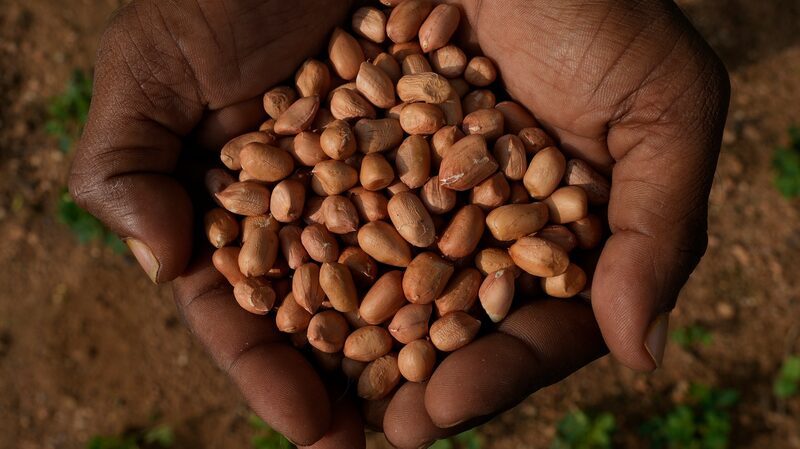In a groundbreaking study, Chinese scientists have developed a novel approach to enhance crop productivity amid rising global temperatures. This innovation comes at a critical time when the world is grappling with the impacts of climate change on agriculture and food security.
With global temperatures projected to increase by two degrees Celsius, average crop losses could amplify by 3 to 13 percent. This alarming statistic underscores the urgent need for heat-resistant crop varieties to safeguard future food supplies.
Researchers from the Institute of Genetics and Developmental Biology under the Chinese Academy of Sciences have employed an innovative gene-editing tool to bolster the resilience of crops. By inserting a heat-shock element into a tomato gene known as LIN5, they enhanced the gene’s expression during heat stress. This modification effectively reduces sugar deficiency in fruits exposed to high temperatures.
Extensive tests conducted across different seasons and locations, including both greenhouses and open fields, demonstrated remarkable results. The strategy increased tomato yields by 14 to 47 percent under normal conditions and by 26 to 33 percent during heat stress. Notably, it prevented 56 to 100 percent of the yield losses typically induced by high temperatures, as reported in the study published recently in the journal Cell.
This pioneering work by Chinese scientists not only contributes to the global effort in combating climate change but also offers a promising solution to enhance food security. By developing crops that can withstand higher temperatures, they are paving the way for sustainable agriculture in a warming world.
Reference(s):
Chinese scientists pioneer climate-smart crops to fight global warming
cgtn.com






